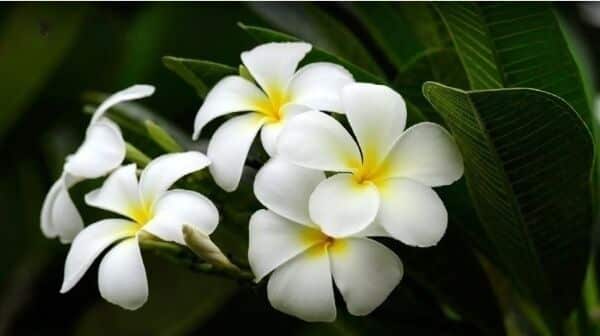Thailand’s unique flower symbol for World No Tobacco Day

Every year on May 31, World No Tobacco Day is marked with ashtrays and fresh flowers symbolising the fight against tobacco. But in Thailand, a unique flower takes centre stage – the leelawadee, also known as plumeria or frangipani.
Leelawadee, a delicate flowering tree often seen adorning gardens, carries profound symbolism in Thai culture. Historically known as lan thom, the name combined lan, meaning to abandon, and thom, indicating sadness or bad omens. This association led many to believe that growing the tree at home would bring misfortune, reserving it for monasteries and temple grounds. However, a name change to leelawadee, meaning delicate flower, transformed its image, aligning it with positivity and new beginnings.
In Thailand, the leelawadee has become a poignant emblem of quitting personal vices, particularly smoking. On World No Tobacco Day, Thais often give leelawadee flowers or cards featuring its image to encourage loved ones to kick the habit. This gesture underscores the significance of May 31 as an ideal day to start a smoke-free life.
World No Tobacco Day serves a broader purpose, raising awareness about the dangers of tobacco use and the deceptive practices of tobacco companies, reported The Nation.
It highlights the efforts of the World Health Organisation (WHO) in combating tobacco use and urges individuals to advocate for their right to health and a smoke-free future.
In related news, Bangkok, former home to a sprawling industrial estate, where Thailand’s state-owned tobacco monopoly churned out millions of cigarettes for over half a century, emerges from the smog. Benjakitti Park, an urban oasis, has rapidly become a beloved haven for Bangkok’s 11 million residents.
In other news, e-cigarette usage amongst Thai schoolchildren has witnessed a drastic fivefold rise over the last seven years, with the majority of users starting their vaping journey during their primary school years, reveals a newly conducted study.
Latest Thailand News
Follow The Thaiger on Google News:


























